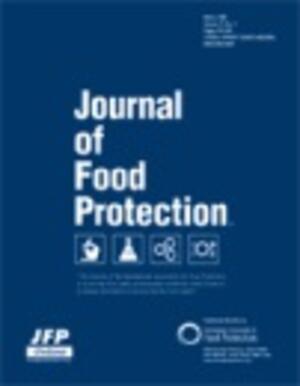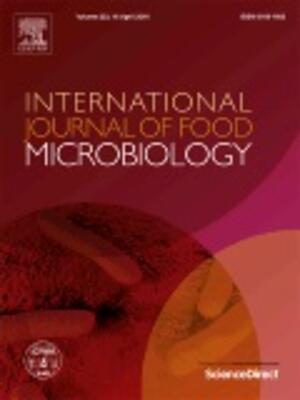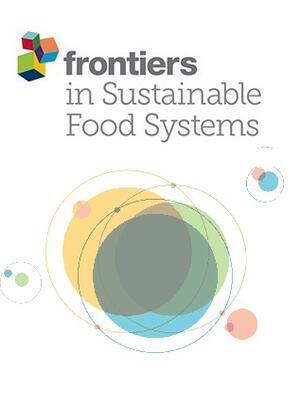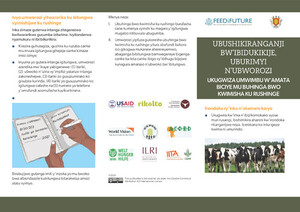
Testing phenotypes for degree of resilience using fluctuations in milk yield of dairy cows in sub-Saharan Africa
Abstract
Despite the relevance of dairy production in the fight against food insecurity and unemployment in sub-Saharan Africa (SSA), negative effects of climate change and general changes in the production environment pose huge challenges to its profitability. Thus, there is a need to improve resilience capacity of dairy animals to adapt to this changing environment. In the current study, we tested two indicators of resilience, logtransformed variance (LnVar) and Skewness (Skew) of deviation, based on fluctuations in animals’ milk yield. Further, we assessed the effects of genotype, agroecological zone, and genotype by agroecological zone (G×E) interaction for these phenotypes. Cows with less than 50% of exotic genetics had higher degree of resilience (P<0.05). Cows performing in semi-arid zones had higher resilience capacity compared to those in semi-humid environment (P<0.05). G×E did not significantly influence both indicators. The results provide valuable information that would inform dairy cattle improvement initiatives in SSA.
Citation
Oloo, R.D., Ekine-Dzivenu, C.C., Ojango, J.M.K., Mrode, R.A., Okeyo, A.M. and Chagunda, M.G.G. 2022. Testing phenotypes for degree of resilience using fluctuations in milk yield of dairy cows in sub-Saharan Africa. IN: Veerkamp, R.F. and Haas, Y. de (eds), Proceedings of 12th World Congress on Ge-netics Applied to Livestock Production (WCGALP): 1729-1732.










